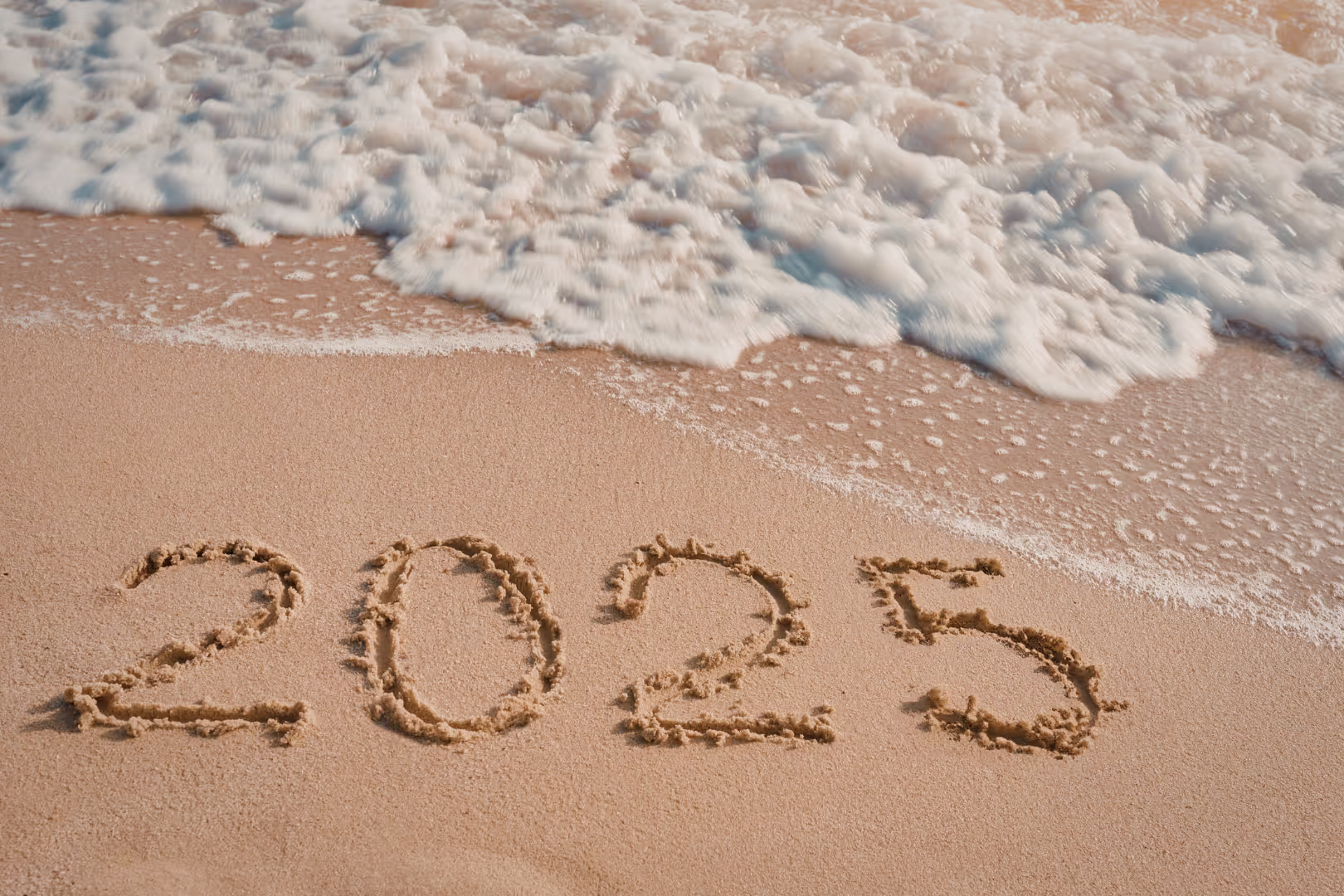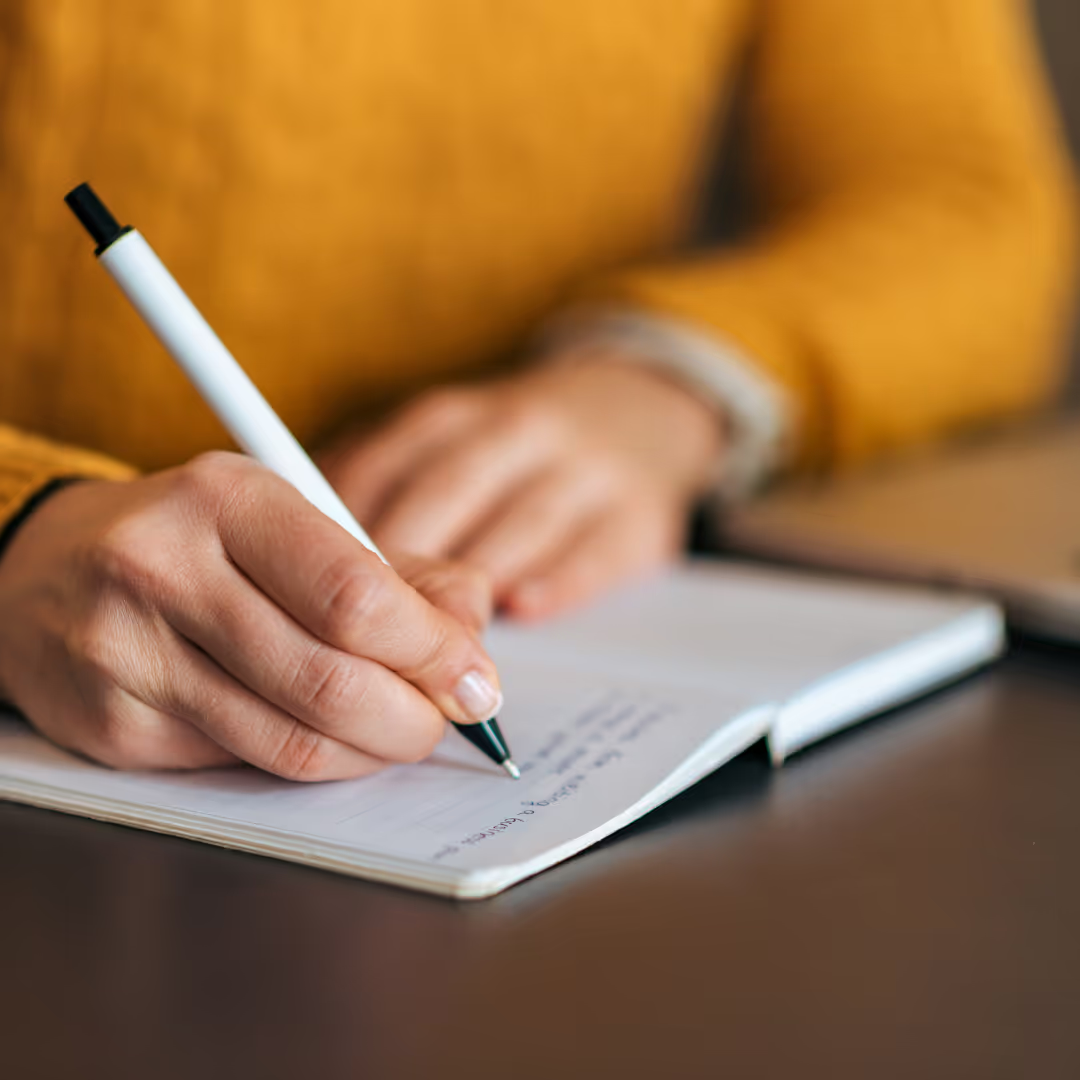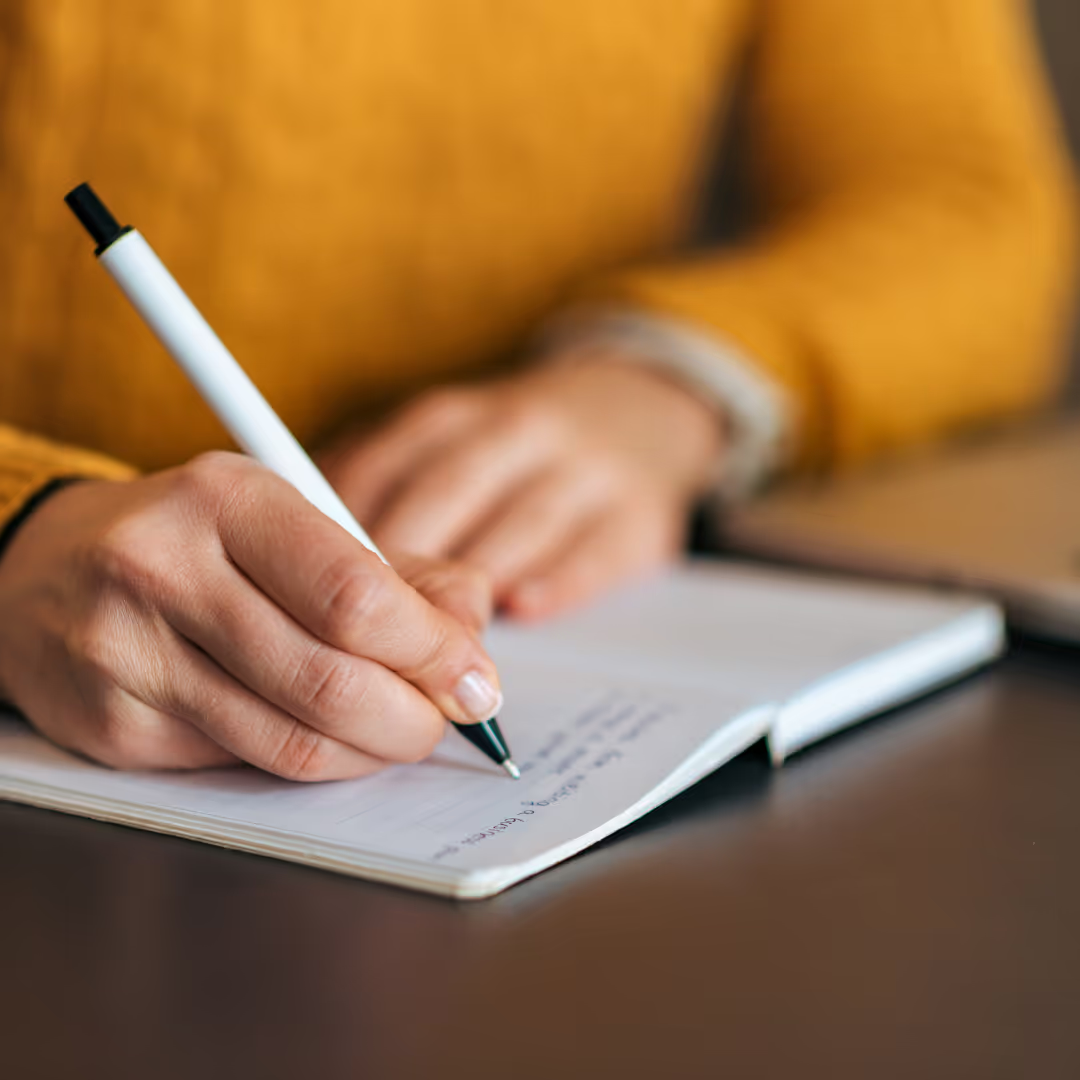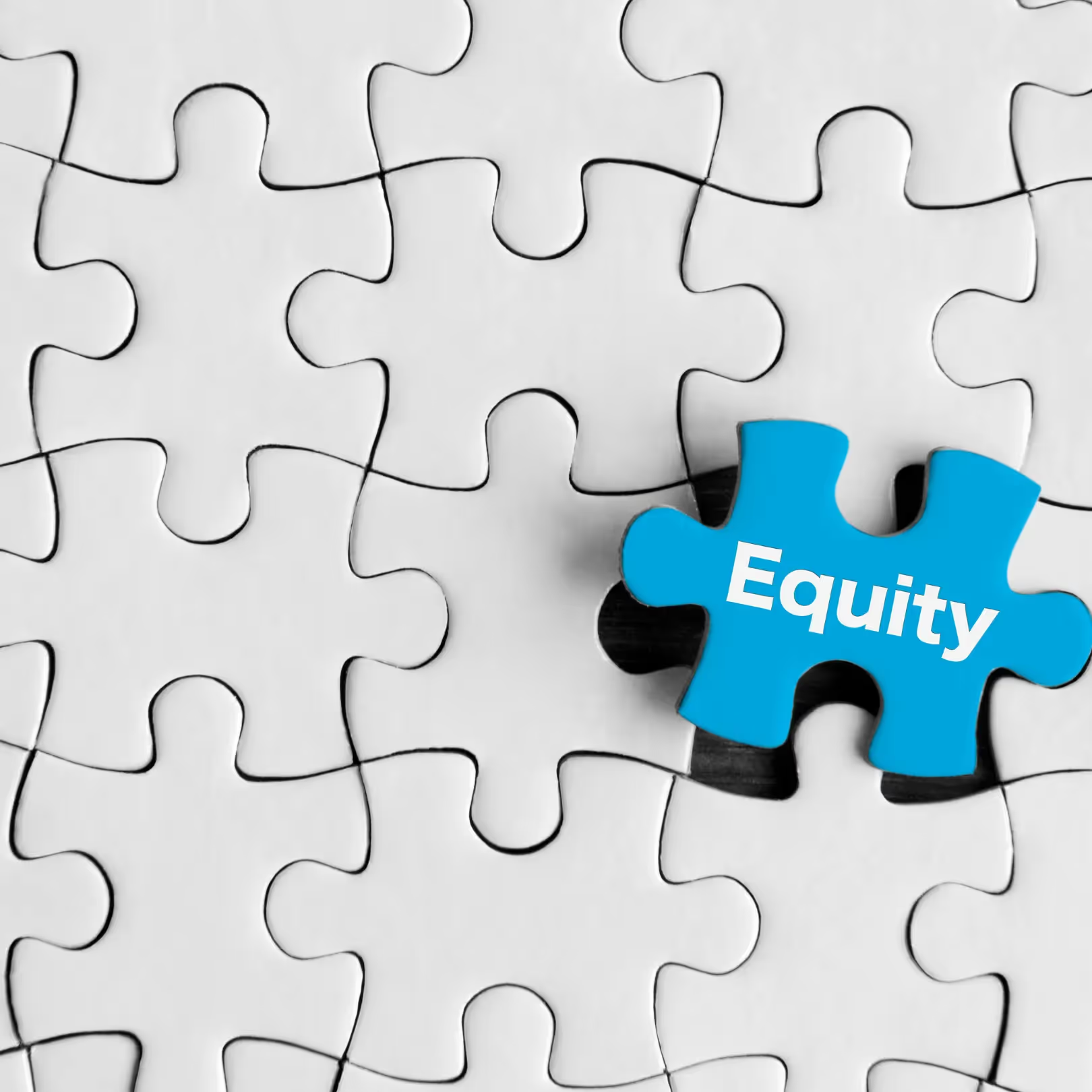Looking at Your Sh** And Other Ways to Sharpen Equity Tools: A Toolkit
February 12, 2020
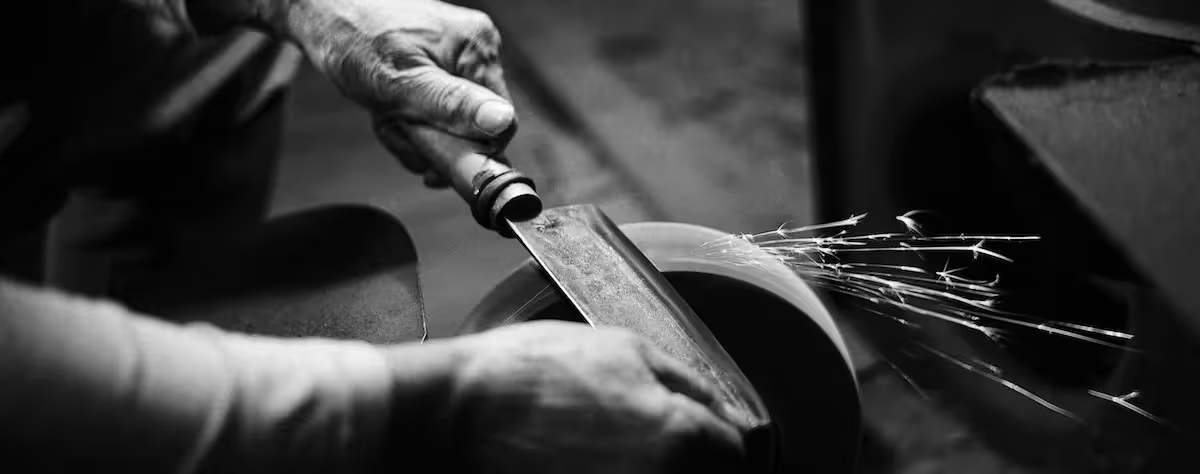
“Antiracism work that does not break the heart open cannot move people toward meaningful change.”
Layla F. Saad, Me and White Supremacy: Combat Racism, Change the World, and Become a Good Ancestor
“We all have a responsibility to look at ourselves in a metaphorical mirror. All of us. We will never be able to put down the mirror, because change is constant and the journey of self-awareness is infinite.”
Elena Aguilar, Onward
The Students Are Paying Attention
If someone works in the field of education, they have signed on to call themselves “educator,” whether working to support infrastructures and systems or teaching in classrooms. And if all work is equity work, then it’s critical to think intentionally about what we say or don’t say; whose values we promote and whose values we question; the curriculum we select; our modes of communication internally and externally, both written and verbal; those who get hired and why; the design of our learning spaces; what “status quo” and “standards” mean, and who has access to success. It’s a monumental task, but it’s necessary to see everything in our contexts as linked to equity if we’re going to engage in the process of transformation.
It’s also important to align our critical examination with the recognition that students are always paying attention. Students are listening to what we say or when we’re silent; they notice who greets them (or doesn’t) as they walk in the building; who stands in front of them in the classroom, who maintains the building, and who looks like they do. They notice the books and media they’re taught from, who is represented in the curriculum, and who is getting sent to the principal’s office. They receive messages all the time, implicitly and explicitly, and take their cues from what we reinforce.
Looking at Your Sh**: A Toolkit
If we want to create conditions for our students to show up fully, to be wholly themselves and thrive with unblocked access to systemic barriers, we need to develop and hone our capacities daily. We also need to know that we will mess up, be triggered, and feel overwhelmed sometimes. These moments will come with big feelings and big thoughts—which is why we need to put a premium on sharpening our tools. What I offer here are four core considerations for how we might go about this daily practice with integrity, humility, care, and skillfulness:
Situate ourselves sociopolitically:
- To begin, we need to know how we identify, and the ways our identifying markers have “conditioned” our beliefs, values, and behaviors. This process can be overwhelming or affirming, and it’s a crucial stage on the journey. This list offers a range of identifying markers and this activity offers a good place to begin.
- Once we recognize that we identify in a range of ways, we then need to heighten our awareness of the dominant culture and the ways dominance shows up in our surroundings; we also need to understand ways we perpetuate the dominant culture through unconscious biases, beliefs, and actions. This matrix is a good way to notice dominant and non-dominant/identities and forms of oppression; there also are a range of Implicit Association Tests (IATs) one could take to delve further into identity.
Understand whiteness/white supremacy: Working in education in the U.S. means working in systems dominated by whiteness/white supremacy. No matter our work, no matter our intentions or all the ways we identify, we work in a system that was built on—and still reinforces—policies/practices that uphold a select few while enslaving, exploiting and marginalizing Black people, Indigenous peoples, and People of Color. To do equity work means to accept the facts of our founding while also acknowledging the ways this system continues to exploit and marginalize these communities. This is a painful and necessary part of the journey, and one that needs constant attention. Tema Okun’s foundational piece offers characteristics of white supremacy culture along with antidotes so that we can shift our practices. We may find our educational organizations often follow suit with many of these characteristics. We may also notice the ways we hold these characteristics within us. It’s important not to judge, blame, or shame ourselves, but rather, recognize, accept, and now change our beliefs and actions so we can reduce harm and dismantle the systems that uphold these values.
Hone our awareness: We have identities that intersect across lines of dominance/non-dominance, and we need to examine how those identities play out in our professional contexts—and the values that are communicated as a result. We also need to recognize that the more dominant our identifying markers are, the more power we hold, and we need to be aware of that as well. The following are some questions to consider when honing and broadening our field of awareness:
- Who is currently in this space? How do I perceive their identities? What assumptions am I making about what’s visible/invisible?
- Who is not in this space? Why? What might that mean?
- Who am I in this space? What markers of dominance do I possess? What markers of non-dominance do I possess? What privileges do I have/not have?
- Who do I perceive to hold power? Why? What stories or beliefs reinforce my perceptions?
- What values are being reinforced in this space? What/who do I notice on the walls? In people’s words or actions?
- What feelings are coming up for me?
Engaging these questions nonjudgmentally and observantly will allow us to notice everyone and everything in our context, to heighten our awareness of power, privilege, values, and systems, and to do so more habitually and automatically. This awareness will lead to greater recognition of what we need to shift in our contexts to ensure our spaces are more inclusive and our outcomes are more equitable for our students.
Practice self-acceptance with a disposition to grow. Any equity practitioner will tell you how exhausting the work is, and how the complex nature of it all can deplete a person of their energy. The further one is from markers of the dominant culture, the more demanding the load. We need to honor the different places we’re in and the ways we’re holding different kinds of complexities. For all of us to stay engaged in this work, self-love and self-acceptance are key. We need to accept where we are in the journey right now. And we also need to know that if we’re actively committed to learning, growing, and reducing harm, we can’t stay there. Our desire to do this work, to recognize the roles of power and oppression must compel us to change, develop new tools, to see and re-see situations in service of more equitable outcomes. And with that new vision, we will be able to work internally and externally, individually and collectively to dismantle systems, stop causing harm, and transform the world.
Black, feminist, lesbian poet Audre Lorde writes about how there is no hierarchy of oppressions, and if we want to work toward liberation, we must recognize that harm caused to one group is harm caused to us all. Dr. Martin Luther King Jr. similarly posits that “injustice anywhere is a threat to justice everywhere.” Looking at our sh** is a necessary component of our healing and liberation. Our individual practices will catalyze our communal efforts so that we can be better models of humanity and create a better world for our students.
Keep Learning
- Have content just like this sent straight to your inbox. Subscribe to our Weekly Wisdom Newsletter
- Download our free self-reflection tool: Reflecting on My Own Biases
- Listen to Episode 85: You Want to Coach for Equity: Start Here.
- Want to make every conversation an equity conversation? Attend our Coaching for Equity Workshop

.avif)
.avif)

